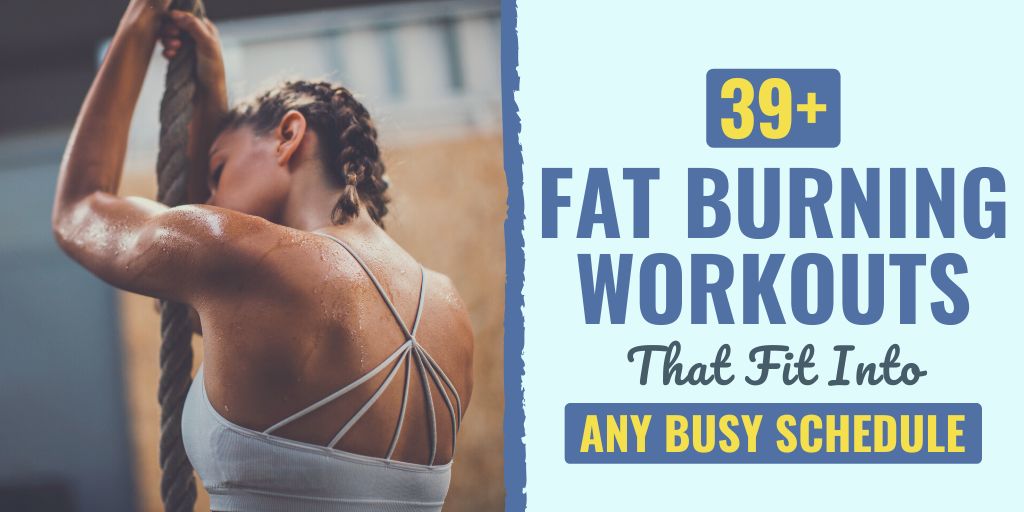

Introduction:
In the pursuit of fitness, proper rest often takes a back seat to the focus on intense workouts. However, understanding the importance of rest is crucial for achieving optimal fitness levels. This article delves into the significance of proper rest for fitness enthusiasts, emphasizing its role in recovery, performance improvement, and overall well-being.
The Role of Rest in Fitness:
Rest is not merely the absence of physical activity; it is an active and essential component of any well-rounded fitness routine. During rest periods, the body undergoes crucial processes such as muscle repair, glycogen replenishment, and hormone regulation. Neglecting proper rest can lead to fatigue, decreased performance, and an increased risk of injury.
Muscle Recovery and Growth:
One of the primary benefits of proper rest is muscle recovery and growth. Intense workouts cause microscopic damage to muscle fibers. Adequate rest allows these fibers to repair and rebuild, leading to increased strength and muscle mass. Without sufficient rest, the continuous stress on muscles can impede this recovery process, hindering progress.
Preventing Overtraining Syndrome:
Overtraining syndrome is a condition characterized by excessive exercise without adequate rest, leading to physical and mental burnout. Symptoms include persistent fatigue, decreased performance, and increased susceptibility to illness. Incorporating proper rest intervals in your fitness routine is crucial for preventing overtraining and ensuring long-term sustainability.
Optimizing Hormonal Balance:
Rest plays a key role in hormonal balance, especially the release of growth hormone and testosterone during sleep. These hormones contribute to muscle repair, fat metabolism, and overall fitness improvements. Consistent and quality sleep, which is a crucial aspect of rest, ensures optimal hormonal functioning, supporting your fitness goals.
Improved Mental Focus and Concentration:
Proper rest isn’t just about physical recovery; it also influences mental well-being. Fatigue and lack of sleep can negatively impact cognitive function, leading to decreased focus and concentration. Quality rest allows your mind to recharge, promoting mental clarity and sharpness during workouts and daily activities.
Injury Prevention:
Insufficient rest can increase the risk of injuries. Muscles, tendons, and ligaments need time to recover and adapt to the stress placed on them during exercise. Overworking these structures without proper rest can lead to strains, sprains, and chronic injuries. Prioritizing rest is a proactive measure in injury prevention.
Establishing an Effective Sleep Routine:
Quality rest begins with a consistent and effective sleep routine. Establish a regular sleep schedule, aiming for 7-9 hours of sleep per night. Create a conducive sleep environment by keeping the room dark, quiet, and cool. Limit screen time before bedtime to promote a more restful sleep.
Incorporating Active Rest Days:
While complete rest is essential, active rest days can also contribute to recovery. Engage in low-intensity activities such as walking, swimming, or yoga on rest days. These activities enhance blood flow, promote flexibility, and provide a mental break from intense workouts.
Listening to Your Body’s Signals:
Understanding your body’s signals is crucial in determining when rest is needed. Pay attention to signs of fatigue, persistent soreness, or changes in performance. Incorporate rest days or modify workout intensity based on your body’s feedback. Listening to your body ensures a balanced and sustainable fitness approach.
Conclusion:
In conclusion, proper rest is a fundamental pillar of any successful fitness journey. From muscle recovery and growth to injury prevention and mental well-being, the benefits of rest are diverse and impactful. Prioritize quality sleep, incorporate active rest days, and listen to your body’s signals to achieve optimal fitness results while promoting long-term health.







:max_bytes(150000):strip_icc()/About-A53-YChestPress-719-c0225c885f6347e1a7c52bab2fdc2bb8.jpg)

